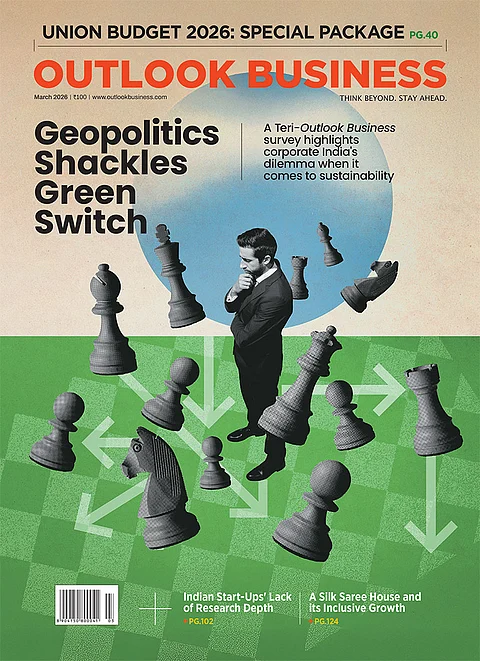Currently, India has 67 unicorns, as per a report by the Hurun Research Institute. This makes the country rank third on the global list. However, it's way less than the USA, with 303 unicorns, and China, with 340 unicorns.
Talking about the downfall of Byju’s, Rupertb Hoogwerf, Hurun Report Chairman and Chief Researcher, said, "Yes, some will fail, and when they do, it is normally to massive media attention, such as India education platform Byju's, but on the whole, unicorns are seen as inherently vital to the new economy."
India’s unicorn rank was lifted by food delivery platform Swiggy, fantasy sports platform Dream 11, and fintech giant Razorpay. The report found 1,453 unicorns in the world, based in 53 countries and 291 cities. 430 unicorns saw a rise in their valuation, of which 171 were new faces. The report also highlights that 170 saw their valuation drop, of which 42 were demoted due to low valuation.
According to Hurun's 2023 Global Unicorn Index, the country had 68 unicorns, indicating a slowdown in the start-up ecosystem. "India's start-up ecosystem has slowed down, with the number of unicorns down for the first time since the launch of our list. This is primarily fuelled by a lack of investment in start-ups despite the recent stock market record highs,” said Anas Rahman Junaid, Founder and Chief Researcher, Hunan India.
An interesting trend that the report talked about was the increase in offshore unicorns. Junaid said that the country produced more offshore unicorns than any other country. 109 unicorns were co-founded outside of India, compared with 61 in India. Interestingly, most of the unicorns were based in the USA.
The report also said that while it’s encouraging to see the rise of India’s first AI unicorn, Krutrim, there remains a huge gap when compared to the United States and China, which lead with 60 and 37 AI unicorns, respectively. Further, it said that the aerospace sector is a space where the country doesn’t have enough unicorns.
“This situation presents a crucial juncture for India. Failure to seize this moment risks India falling further behind the US and China in AI, new energy, semiconductors, and potentially aerospace—a sector likely to rely on domestic innovation due to security considerations,” Junaid added.
































